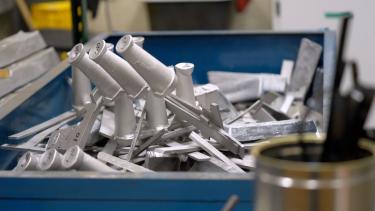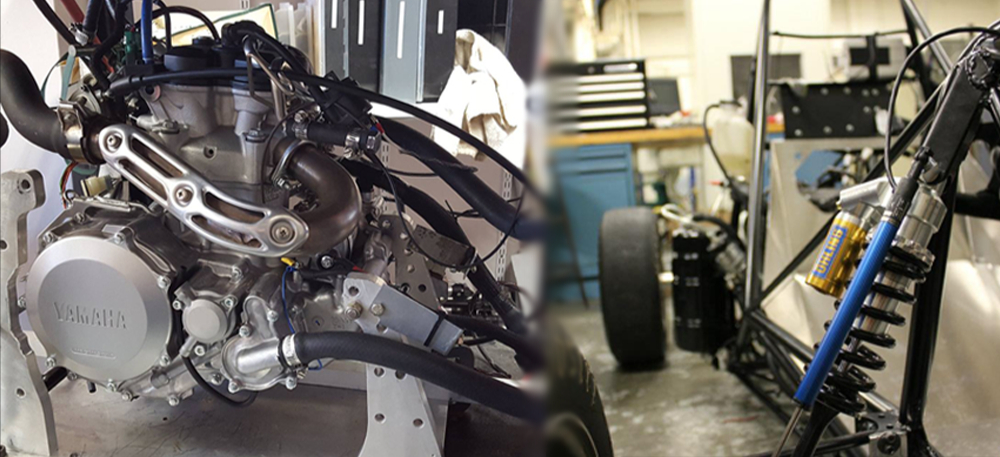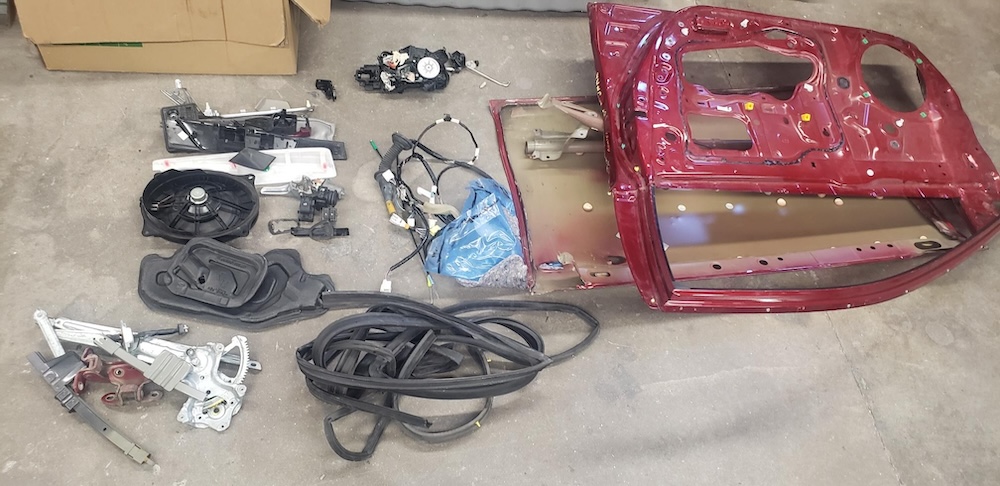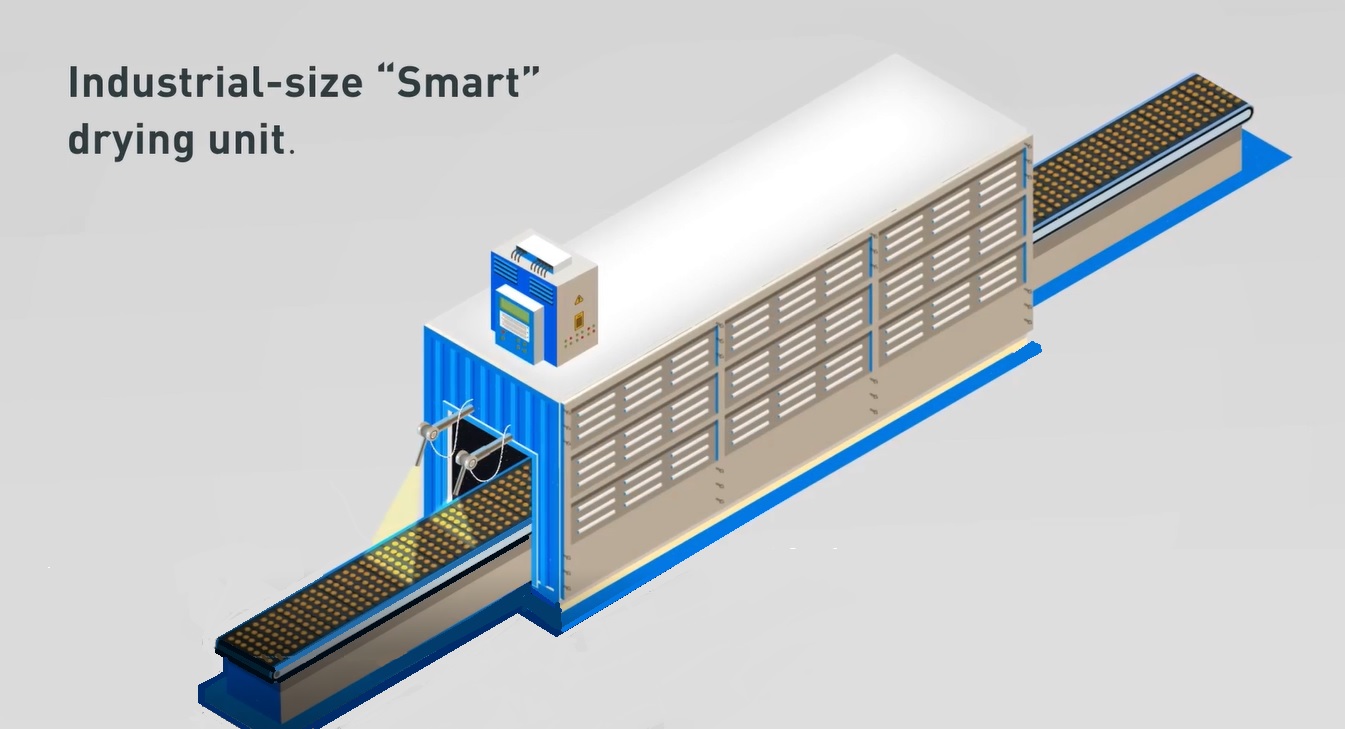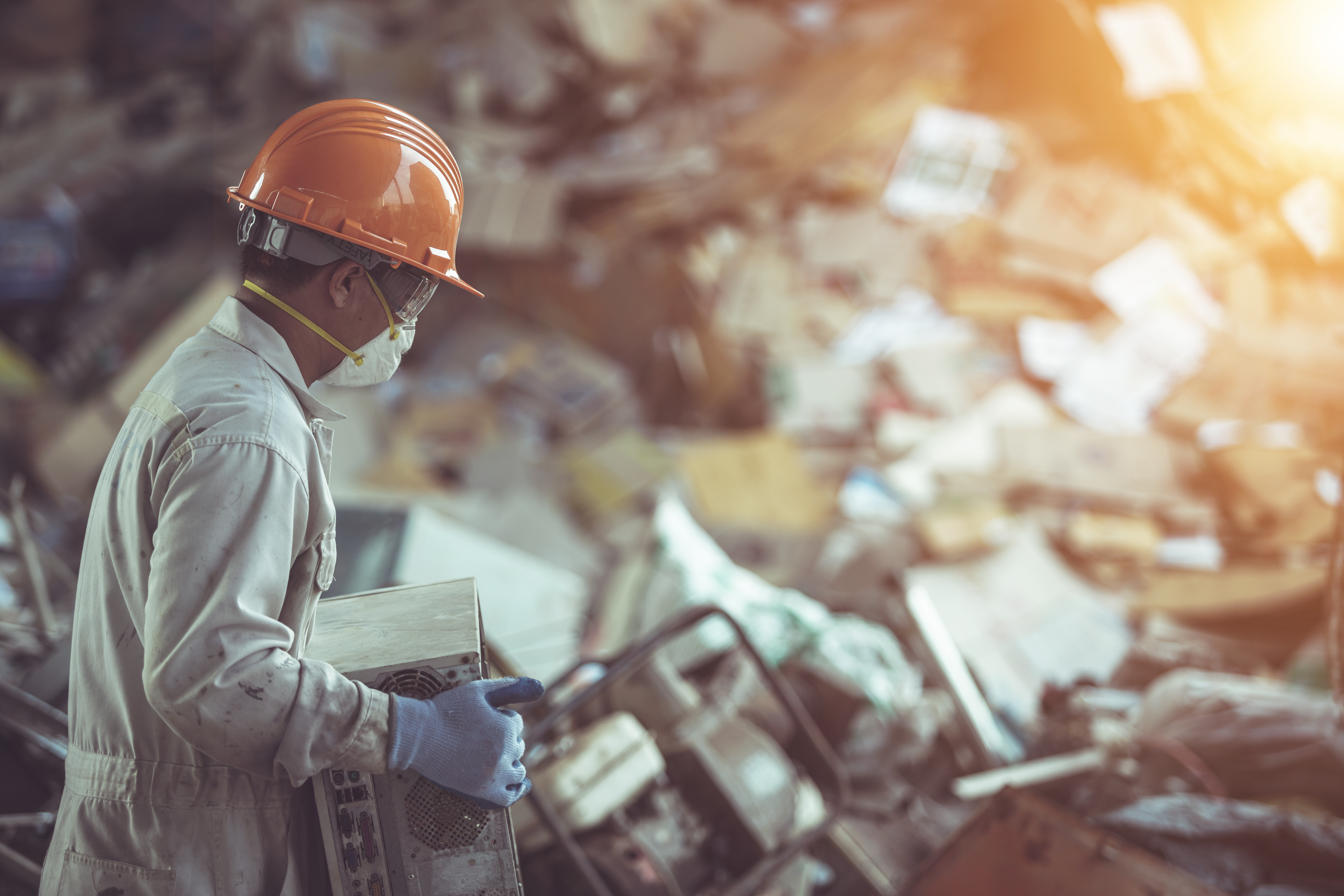Worcester, Mass. – December 7, 2021 – Last month the Environmental Protection Agency (EPA) finalized America’s first “national recycling strategy,” which aims to support the agency’s goal of achieving a 50 percent recycling rate by the end of the decade. One area of focus is recycling materials used in manufacturing, which could help mitigate climate change, increase the sustainability of products, and even pose a solution to future supply chain issues. As part of this effort, the National Science Foundation is providing additional funding to the Center for Resource Recovery and Recycling (CR3) at Worcester Polytechnic Institute (WPI), through the Industry-University Cooperative Research Center Program (IUCRC) Phase III funding.
For more than a decade, the NSF has supported the CR3, which helps create and test new technologies that recover, recycle, and reuse materials throughout the manufacturing process. As an NSF IUCRC, CR3 is a multi-university, member-driven collaborative. With partner sites at the Colorado School of Mines and KU Leuven, Belgium, CR3 offers companies opportunities to work with a diverse group of people from industry and academia to improve and innovate processes, materials, and/or devices to address industrial or societal needs. Those needs are developed into projects mainly related to conserving resources through reduction, reuse, and recycling of by-products from manufacturing and society.
“From initial product design through manufacture to end-of-life disposal, these advancements have helped many diverse businesses reduce energy costs to increase profitability, while protecting the world’s natural resources for future generations,” said Brajendra Mishra, Kenneth G. Merriam Professor of Mechanical Engineering at WPI and CR3 Director.
CR3 was initially funded by the NSF in 2010 with a five-year, $400,000 award, becoming the first research center in the nation dedicated to developing new technologies for maximizing the recovery and recycling of metals used in manufactured products and structures. In 2015 CR3 received a five-year Phase II Collaborative Research Award to continue its work with companies such as Aurubis, Boliden, Campine, East Penn, Glencore and Gopher, in addition to the founding members, GM and Umicore. These companies pay annual membership fees to work with teams composed of faculty, postdoctoral fellows, and PhD students at WPI and partner universities to complete this research under their close supervision.
